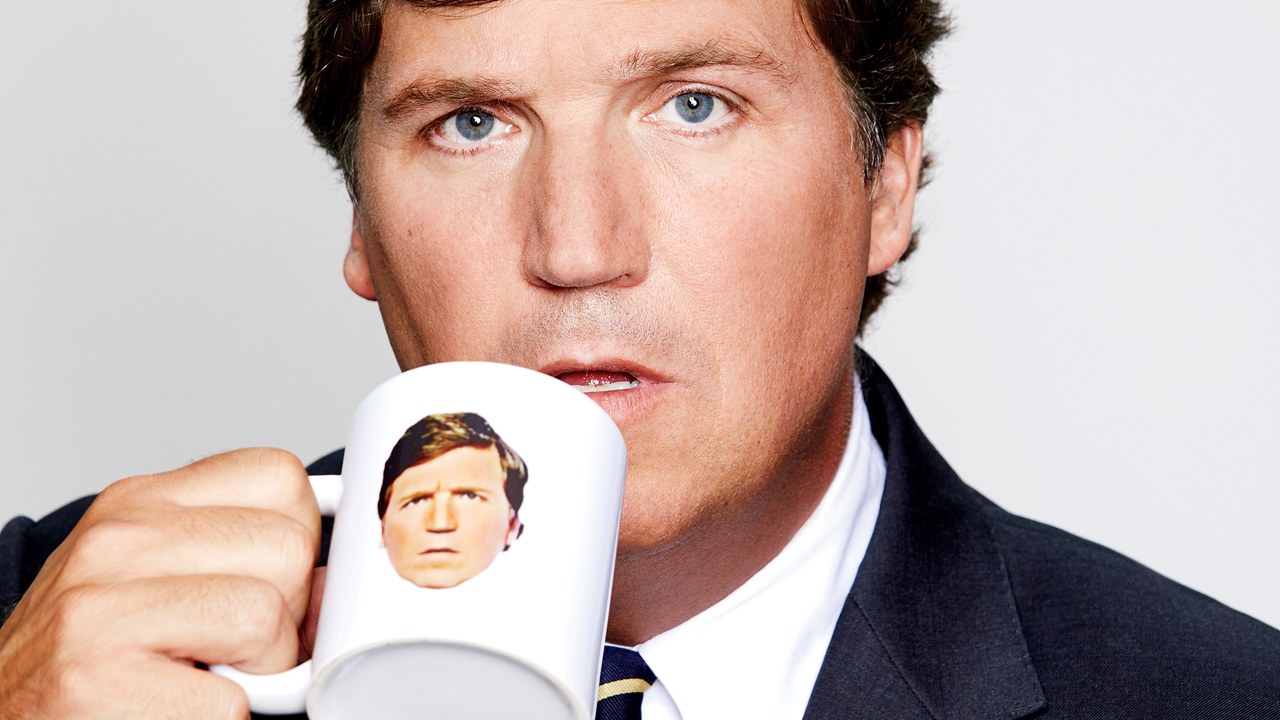For the second time in 18 months Republicans have needed to make use of the distinction between ephebophilia and pedophilia while defending one of their own.
The fact that we are here may well say all that needs saying about our political moment.
Login to read more
Sign in or create a free account to access Subscriber-only content.
Topics:
